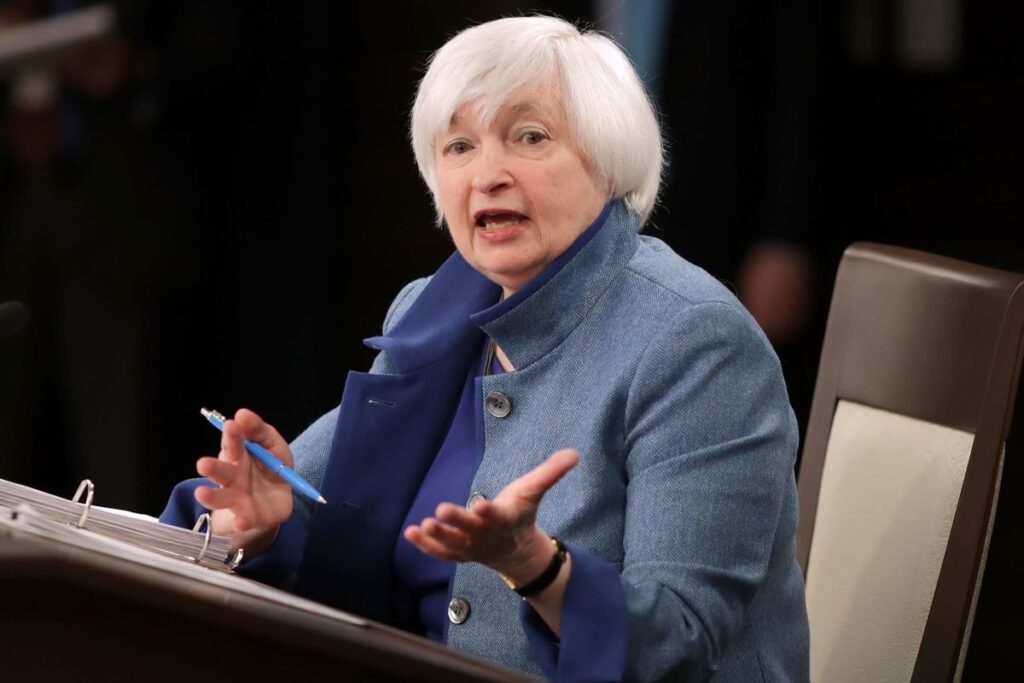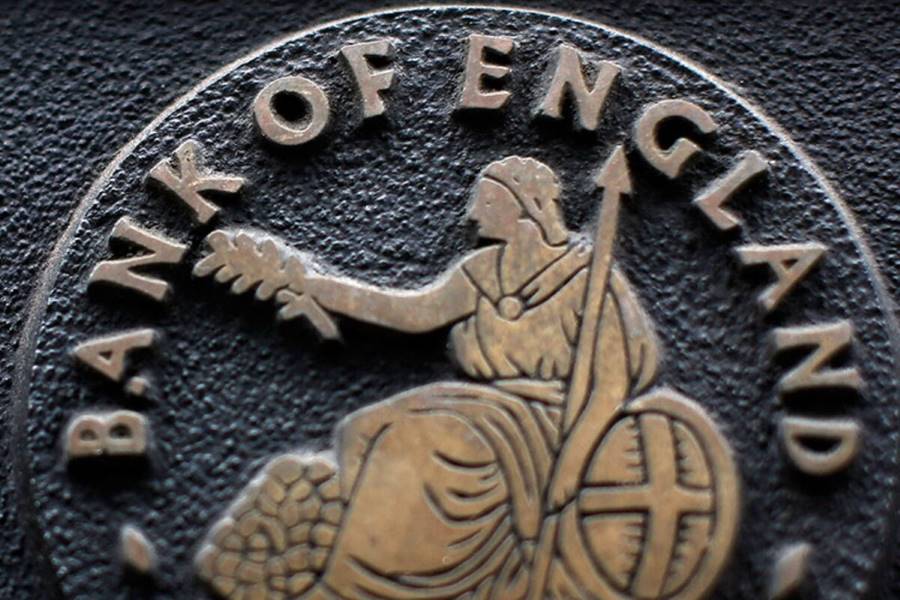Uncategorized
Bank of England Poised for First Rate Cut Since Pandemic
Analysts expect the Bank of England (BOE) to warn investors not to expect consecutive interest rate cuts if policymakers make a first cut in their closely scrutinized decision this week.
According to a Bloomberg survey, most economists forecast the UK central bank will lower rates for the first time since the onset of the pandemic on August 1. Predictions point to a narrowly divided vote. Investors are placing only a 45% probability on a quarter-point decrease during this meeting. The market remains uncertain, reflecting a lack of clear signals from the BOE.
Economic Conditions and BOE’s Dilemma
Unlike previous cycles of monetary easing, the UK economy is expected to gain momentum this year and into next. This poses a risk of renewed inflationary pressures. Governor Andrew Bailey’s silence since May has intensified speculation. This uncertainty surrounds how the nine-member Monetary Policy Committee (MPC) will address concerns about wages. Prices, and the potential growth-stifling impact of the highest rates in 16 years.
Sonali Punhani, UK economist at Bank of America, stated, “The Bank of England is unlikely to offer explicit guidance on the future rate trajectory or signal the beginning of a sustained cutting cycle.” Instead, the focus will remain on incoming data to determine the timing of subsequent moves.
Market Expectations and Potential Impact
Even if the Bank of England decides to cut rates at this meeting. Neither markets nor analysts expect a swift series of reductions. Investors have only factored in two quarter-point cuts for this year, with the central bank noting that a reduction on Thursday would still leave rates in restrictive territory. The MPC’s division on this issue, with some economists predicting a 5-to-4 split, adds to the uncertainty.
Notable officials, including Chief Economist Huw Pill, Jonathan Haskel, and Catherine Mann, have highlighted ongoing price pressures, particularly in services inflation and wage growth. New inflation forecasts will accompany the BOE’s decision.

Yellen and Trump Clash Over the Impact of a Strong Dollar on U.S. Manufacturing
Former President Donald Trump has voiced concerns that a strong U.S. dollar is adversely affecting American manufacturers by making their products too expensive for international buyers.
Global Context and Pound’s Performance
A cautious approach from the Bank of England would align with recent remarks from the European Central Bank (ECB). After beginning to ease policy in June, the ECB kept its deposit rate steady earlier this month. Traders are now anticipating another reduction in eurozone borrowing costs in September.
The pound’s recent rally could be jeopardized by a rate cut. The currency has outperformed other major currencies this year, bolstered by expectations that the BOE would maintain higher rates compared to its global counterparts. With the ECB already lowering its deposit rate, and the US Federal Reserve expected to cut rates in September. The pound’s future hangs in the balance.
Looking Ahead
Michael Brown, a strategist at Pepperstone, remarked, “The August meeting is likely to be a significant volatility event, requiring traders to carefully manage risk.” He noted that this decision is one of the most challenging to forecast in recent memory. The outcome is heavily dependent on both the vote split and any hints regarding future policy changes.
Embark on a comprehensive financial journey with a full-year subscription to The Wall Street Journal (WSJ) and Barron’s combined offerings. Benefit from a year of WSJ Print Edition along with round-the-clock digital access. Enhance your experience with Barron’s Print Edition delivered weekly and online access. Subscribe today for a 50% discount and stay well-informed at exceptional value.

